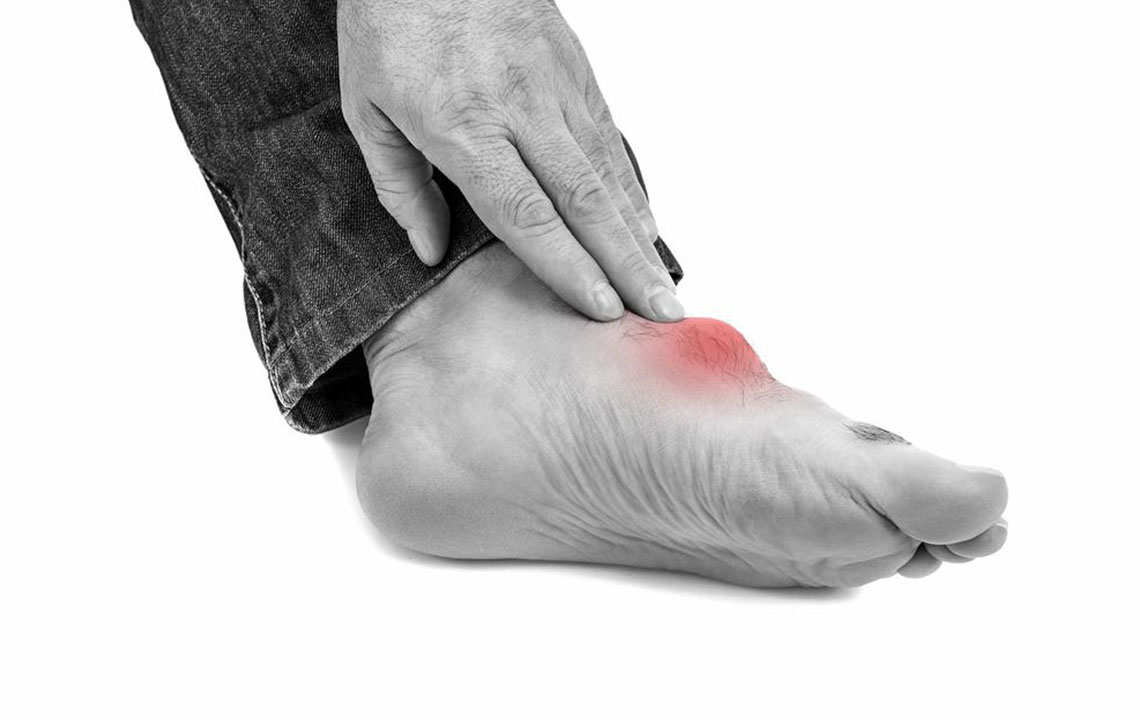Effective Strategies for Gout Management and Prevention
Discover effective gout management and prevention strategies including medication, lifestyle changes, and when to seek medical advice. Learn how to reduce pain during attacks and prevent future episodes with proper care and professional guidance.

Effective Strategies for Gout Management and Prevention
Long-term management includes medication and lifestyle modifications. Here are common methods used to ease pain during a gout episode: NSAIDs
When a gout attack occurs, anti-inflammatory drugs such as NSAIDs are crucial for reducing swelling and pain. They are most effective if taken within the first 24 hours of symptoms.
Colchicine
This plant-derived medication helps lessen pain and swelling when taken during the initial 24 hours of an attack.
Corticosteroids
Various corticosteroids are effective for acute gout treatment. They can be administered via injection directly into the affected joint, such as ACTH, or taken orally like prednisone. Usage depends on individual cases and timing within an attack.
Rest, hydrate, and elevate
Rest is crucial during episodes. Patients should hydrate well, elevate the affected joint, and minimize stress, which can worsen symptoms.
Consult your healthcare provider
Seeking medical advice during a gout attack is vital to monitor uric acid levels and develop a comprehensive prevention plan for the future.
For long-term prevention, consider these approaches:
Lifestyle adjustments
Maintaining a healthy weight, reducing intake of red meats, seafood, sugary drinks, and alcohol can help prevent future attacks, especially in overweight or sedentary individuals.
Preventive medications
Prescribed drugs like Allopurinol, Febuxostat, Lesinurad, Probenecid, and Pegloticase help lower uric acid levels. Combining these with colchicine or NSAIDs during initial months can reduce attack frequency.
Managing tophi
Small uric acid nodules (tophi) can be treated with xanthine oxidase inhibitors, which help diminish their size and alleviate discomfort.
Important Notice: Our blog offers a wide range of information to help readers understand health topics better. However, this content should not replace professional medical advice. Always consult your healthcare provider for personalized treatment plans. The site does not guarantee the accuracy of external data and may not include all available treatment options.










